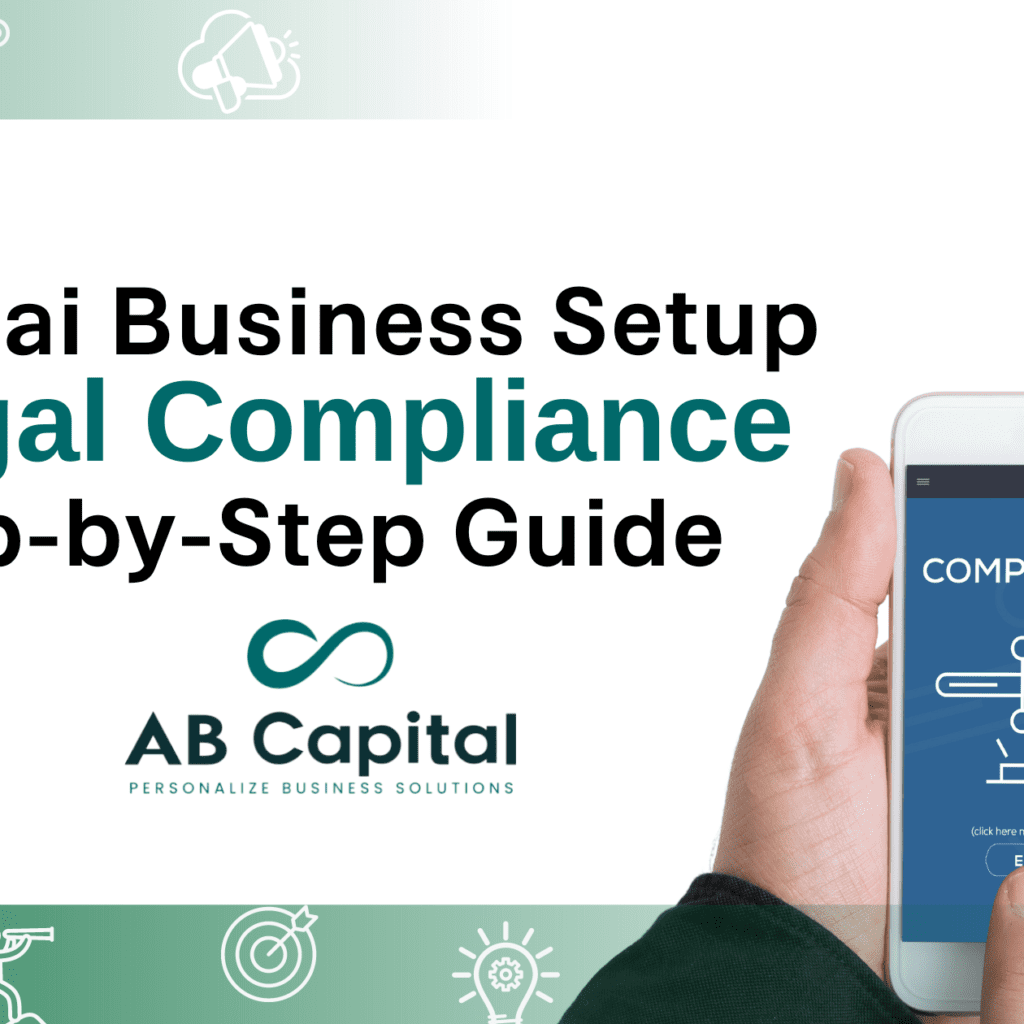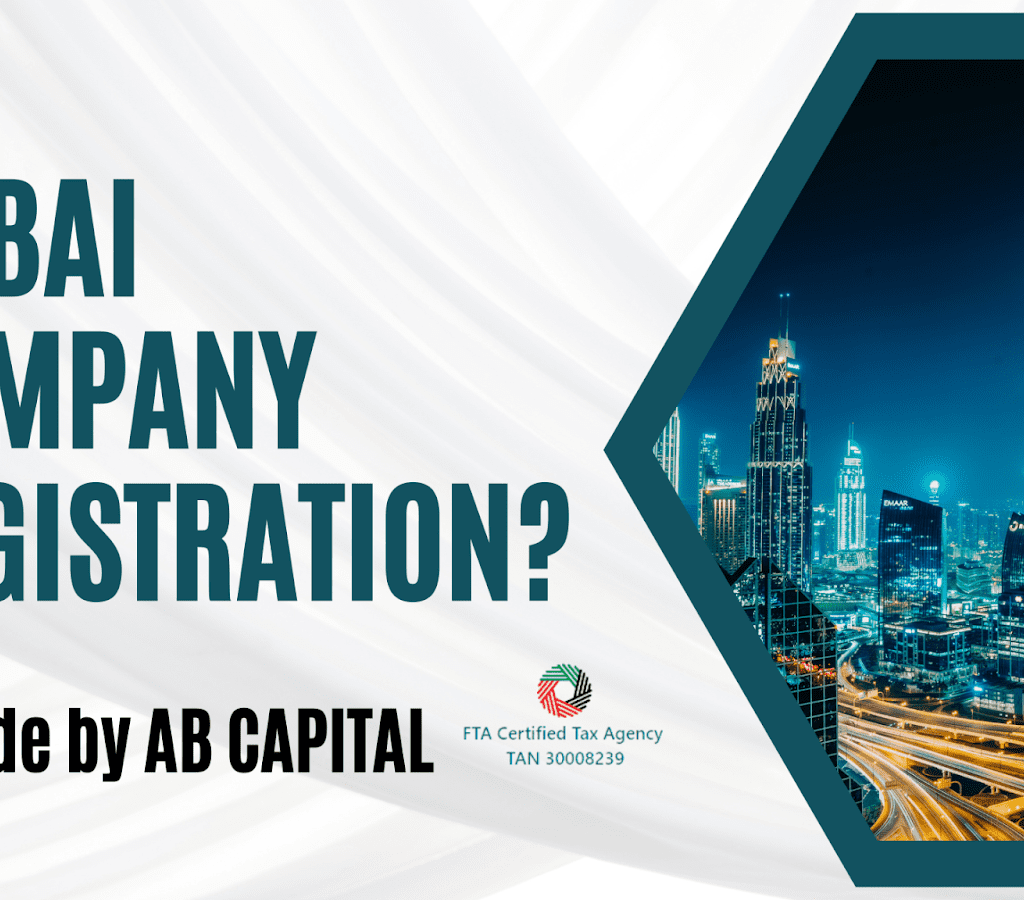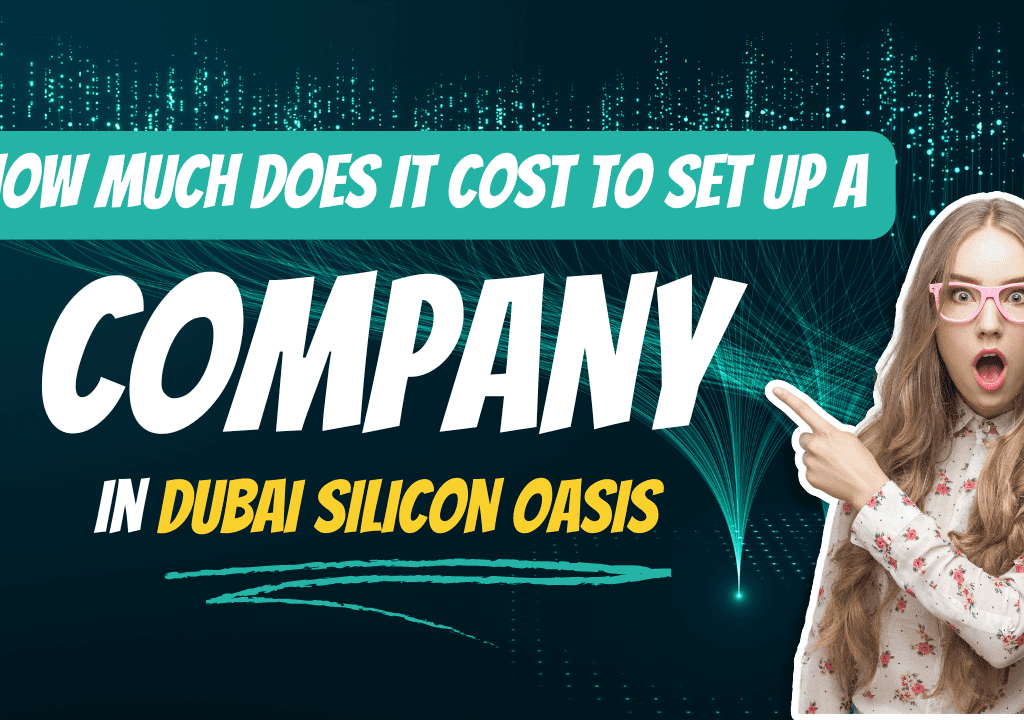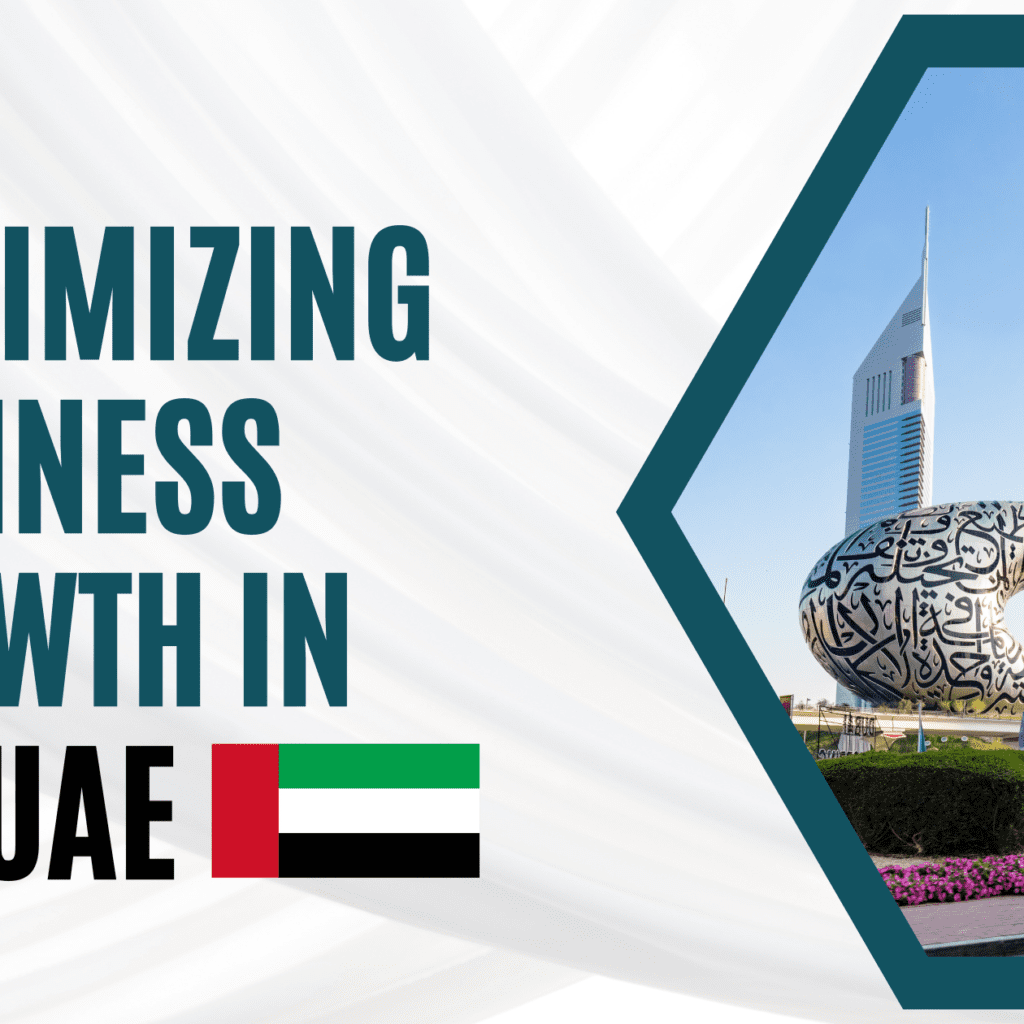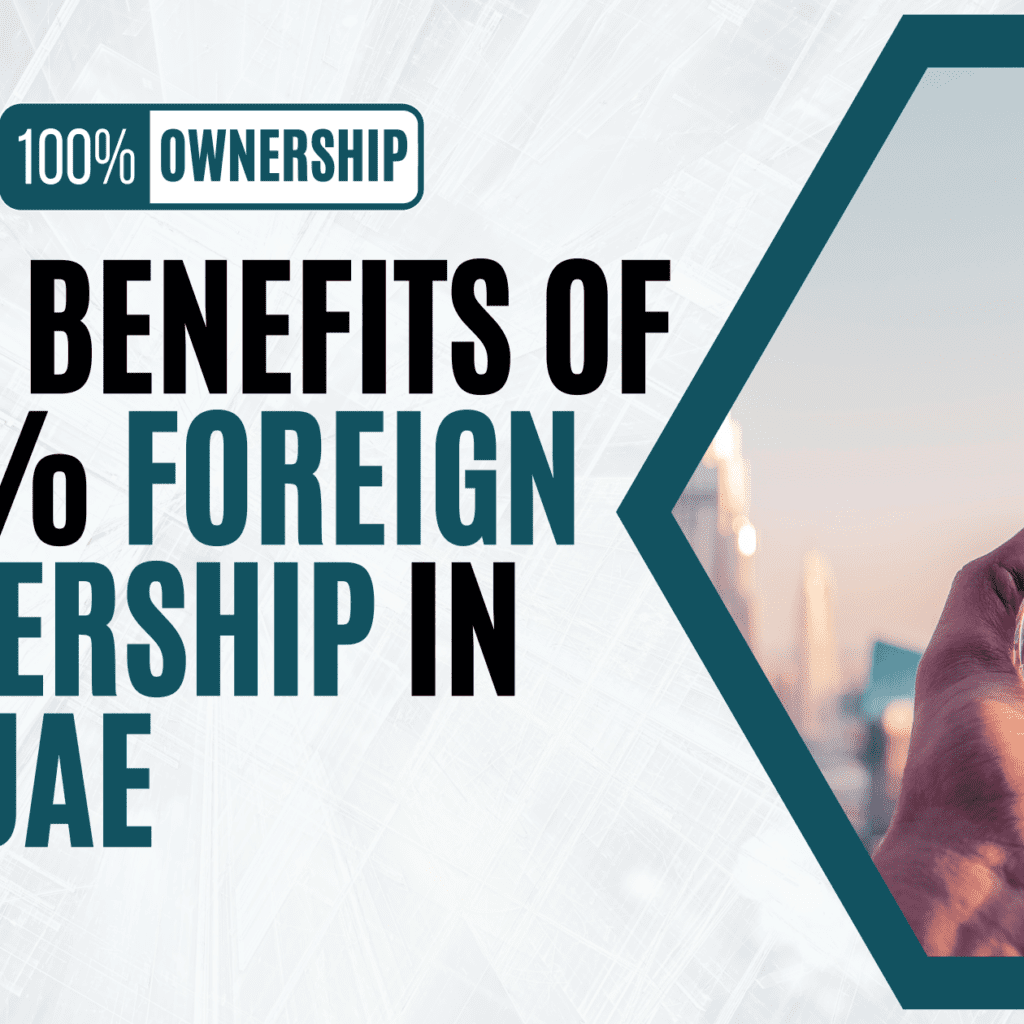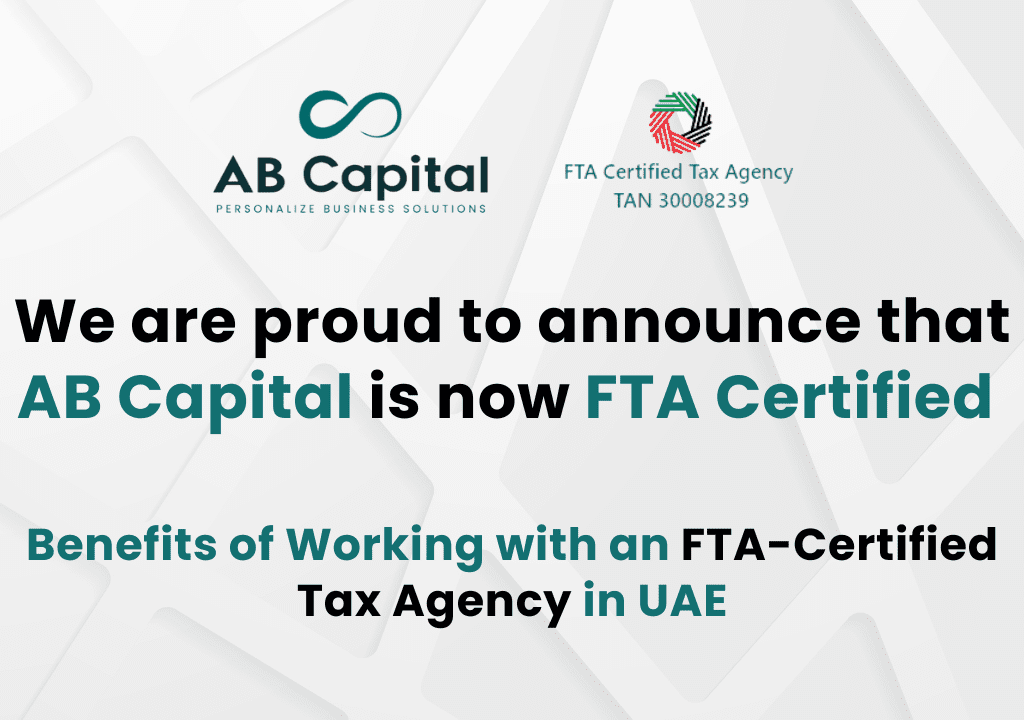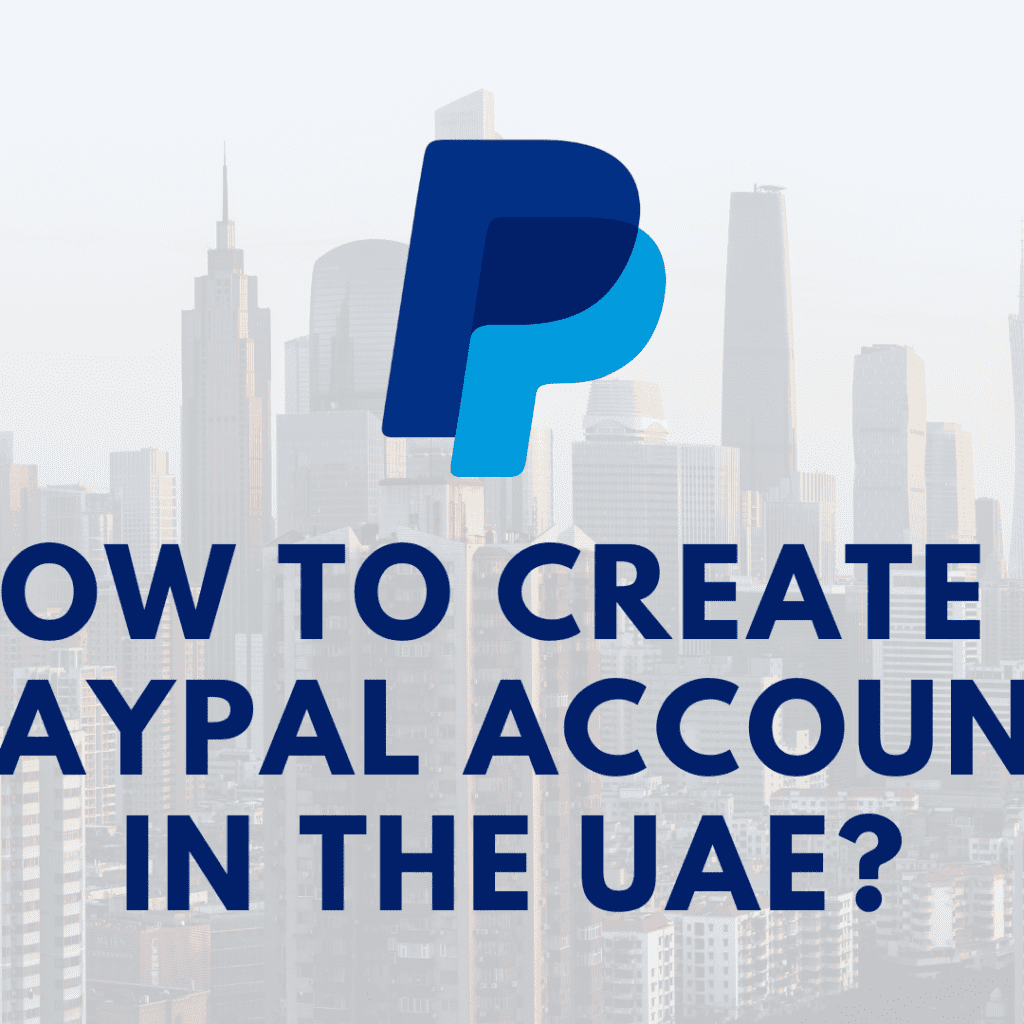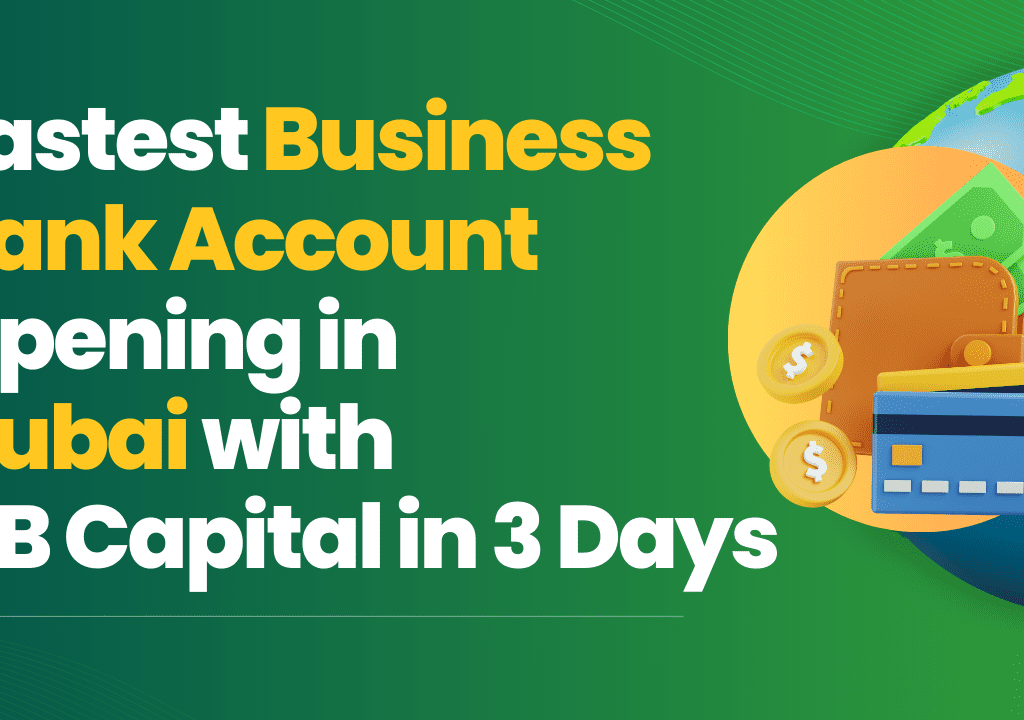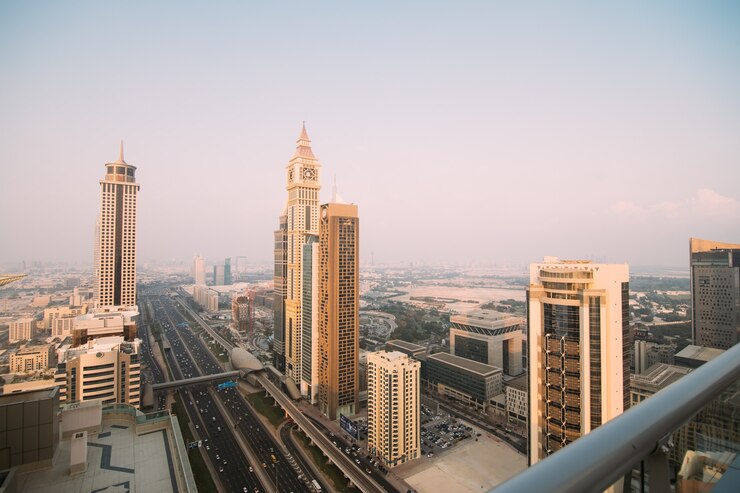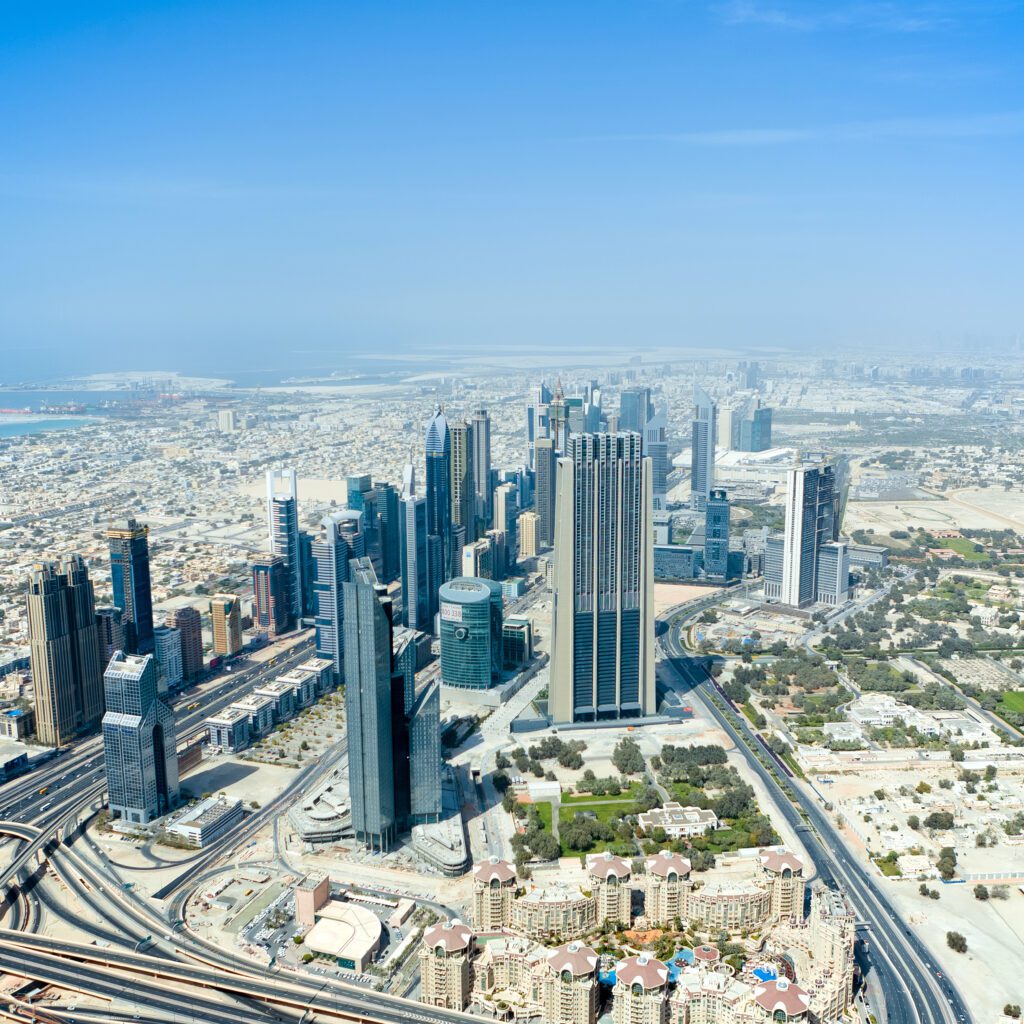Discover the Innovations Driving Dubai’s Tech-Powered Business Revolution Dubai’s business ecosystem is undergoing a remarkable transformation, powered by cutting-edge technologies that are creating unprecedented opportunities for both startups and established enterprises. As we step into 2024, let’s explore the seven most impactful innovations shaping the future of business in this dynamic city: 1. Artificial Intelligence (AI) and Machine Learning AI is revolutionizing decision-making processes, customer service, and operational efficiency across industries in Dubai. From chatbots to predictive analytics, businesses are leveraging AI to gain competitive advantages and deliver superior customer experiences. By automating routine tasks, AI frees up human resources to focus on more strategic initiatives. Moreover, AI-driven insights enable companies to make data-driven decisions with unprecedented speed and accuracy. For example, predictive maintenance in manufacturing can foresee equipment failures before they occur, significantly reducing downtime and maintenance costs. In the financial sector, AI algorithms identify fraudulent transactions in real-time, enhancing security and customer trust. Additionally, personalized marketing powered by machine learning algorithms ensures that customers receive relevant recommendations, thereby increasing engagement and sales. As AI continues to evolve, its applications are becoming more sophisticated, offering even greater potential for innovation and growth in Dubai’s dynamic business landscape. 2. Blockchain and Cryptocurrency Dubai is positioning itself as a global blockchain hub, with the technology being adopted for everything from supply chain management to government services. The city’s cryptocurrency-friendly policies are attracting fintech innovators and reshaping financial transactions. Blockchain’s decentralized nature offers unparalleled security and transparency, which is crucial for sectors like finance, real estate, and logistics. Dubai’s government initiatives, such as the Dubai Blockchain Strategy, aim to make the city the first fully blockchain-powered government by 2024. This initiative is expected to streamline processes, reduce fraud, and enhance the efficiency of public and private sector operations. Cryptocurrency is also gaining traction, with Dubai-based exchanges and fintech companies leading the way in developing new financial products and services. This progressive approach to blockchain and cryptocurrency is setting a benchmark for other cities worldwide, positioning Dubai at the forefront of the digital economy. 3. Internet of Things (IoT) and Smart City Infrastructure Dubai’s smart city initiatives are integrating IoT devices to enhance urban living and business operations. From smart traffic management to energy-efficient buildings, IoT is creating a more connected and sustainable business environment. IoT sensors and networks are being deployed to monitor and manage city infrastructure, including water supply, waste management, and public safety systems. For example, smart meters and grid systems are optimizing energy consumption, reducing costs for businesses, and contributing to environmental sustainability. In the retail sector, IoT-enabled systems are improving inventory management and customer experiences through real-time tracking and personalized services. The integration of IoT in transportation is enhancing traffic flow and reducing congestion, making commuting more efficient for the city’s residents. By leveraging IoT, Dubai is not only improving the quality of life for its citizens but also creating a fertile ground for businesses to innovate and thrive. 4. 5G and Advanced Connectivity The rollout of 5G networks is enabling faster, more reliable communication and data transfer. This ultra-fast connectivity is powering new possibilities in remote work, augmented reality, and real-time data analytics for businesses across Dubai. 5G’s low latency and high-speed capabilities are revolutionizing industries such as healthcare, where telemedicine and remote surgeries are becoming more feasible. In the retail sector, 5G is enhancing the shopping experience through immersive technologies like augmented reality, allowing customers to visualize products in real-time. For businesses, the improved connectivity facilitates seamless collaboration, whether through video conferencing or cloud-based applications. The impact of 5G extends to smart manufacturing as well, where real-time monitoring and automation are optimizing production processes. As Dubai continues to expand its 5G infrastructure, businesses can expect to see significant improvements in operational efficiency and innovation 5. Autonomous Vehicles and Drones Dubai Freezones dismantle the barriers that can often hinder international trade. Businesses operating within these zones enjoy the privilege of import and export with minimal restrictions. This fosters a dynamic environment conducive to the seamless flow of goods and services across borders. By eliminating trade barriers, freezones empower businesses to expand their customer base, forge strategic partnerships with international players, and establish themselves as dominant forces within the global marketplace. #6. Strategic Location: A Gateway to Unparalleled Reach Dubai is at the forefront of autonomous transportation, with self-driving taxis and delivery drones becoming a reality. These technologies are opening new avenues for logistics, delivery services, and urban mobility solutions. Dubai’s commitment to innovation is evident in its ambitious plans to integrate autonomous vehicles and drones into its transportation ecosystem. The city’s strategic investments and partnerships with leading technology firms are accelerating the deployment of self-driving taxis, which promise to reduce traffic congestion and enhance commuter convenience. Meanwhile, the adoption of delivery drones is revolutionizing the logistics sector by enabling faster, more efficient delivery of goods, particularly in hard-to-reach urban areas. These advancements are not only positioning Dubai as a global leader in smart transportation but are also paving the way for a more sustainable and interconnected urban environment. Through these cutting-edge technologies, Dubai aims to set new benchmarks for efficiency, safety, and quality of life in urban mobility. 6. Augmented and Virtual Reality (AR/VR) AR and VR technologies are transforming customer experiences, employee training, and product design in Dubai. From virtual showrooms to immersive training simulations, businesses are leveraging these technologies to innovate and engage. In the retail sector, virtual showrooms allow customers to explore products in a 3D environment, providing a more interactive and engaging shopping experience. In real estate, VR tours enable potential buyers to view properties remotely, saving time and resources. For employee training, VR simulations offer a safe and controlled environment for learning complex tasks, improving retention and performance. In the field of product design, AR allows designers to visualize and modify prototypes in real-time, accelerating the development process. Overall, the integration of AR and VR in Dubai’s business landscape is not just a technological upgrade; it’s a strategic move towards creating







